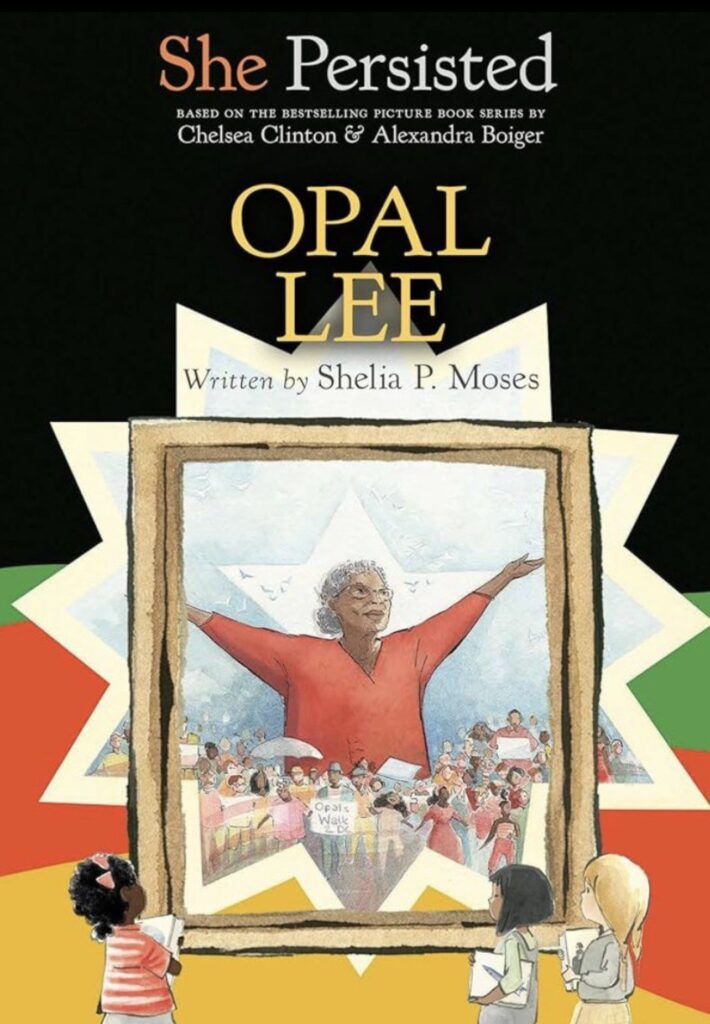Opinion: We Owe It to Our Ancestors, the Juneteenth Federal Holiday
By • June 12, 2024 0 948

Juneteenth is more than a historical milestone. It is a powerful reminder of the resilience and enduring spirit of African Americans. Celebrating Juneteenth acknowledges the painful history of slavery and its lasting impact on American society. This holiday is also an opportunity to honor the contributions and achievements of African Americans, many of whom continued to face systemic racism and violence long after the official end of slavery.
Its origins date back to June 19, 1865, when Union Gen. Gordon Granger arrived in Galveston, Texas, and announced General Order No. 3, declaring that all enslaved people were free. This day came more than two and a half years after President Abraham Lincoln had issued the Emancipation Proclamation, on Jan. 1, 1863.
The delay in the enforcement of the Emancipation Proclamation in Texas, one of the most remote slaveholding states, was due to a combination of limited Union troop presence and the resistance of Confederate forces. The proclamation had effectively freed slaves in Confederate states, but its practical implementation relied heavily on the advance of Union troops. Hence, it wasn’t until Granger’s arrival that the proclamation was enforced in Texas, marking the true end of slavery in the United States.
The initial celebration of Juneteenth involved spontaneous festivities, with newly freed African Americans rejoicing in the streets, organizing prayer meetings and gathering for feasts. These celebrations quickly became an annual tradition, with the day an occasion for parades and speeches. Emphasis was placed on education, self-improvement and reflection on the struggles and achievements of African Americans.
As its importance has gained increased recognition, Juneteenth has evolved over the years from a regional observance to a national commemoration. Civil rights activist Opal Lee and others fought for decades to highlight the significance of June 19, 1865, in the broader context of African American freedom and equality. In 1980, Texas became the first state to declare Juneteenth an official state holiday, setting a precedent for other states to follow.
In recent years, the momentum behind Juneteenth has grown significantly. In 2021, Juneteenth was officially recognized as a federal holiday, a landmark decision reflecting its national importance. While honoring the past, this recognition also serves as a call to action to address ongoing racial disparities and promote social justice.
As we approach Juneteenth in just a few days, remember that celebrating will provide an opportunity to educate the broader public about the history of slavery and the continuous struggle for civil rights. It is a day to foster a sense of community and solidarity, bringing people together to reflect on shared history and celebrate cultural heritage.
When you gather with friends and family, remember to tell young people about the importance of their freedom and to continue to strive for equality and justice for all. By honoring Juneteenth, we pay tribute to the strength and resilience of those who fought for that freedom. We owe it to our ancestors to continue to inspire generations to come.
Historian and playwright Shelia P. Moses, a National Book Award Finalist, is the author of several books, including “She Persisted: Opal Lee.” Her latest book, “African American and Educated: The Legacy of Historically Black Colleges and Universities,” was published on Juneteenth — June 19, 2024.


